Stellantis will close its Luton factory, consolidating EV production at Ellesmere port. The decision hihglights tensions over UK EV mandates, as manufacturers push for policy reforms to boost demand and avoid penalties.
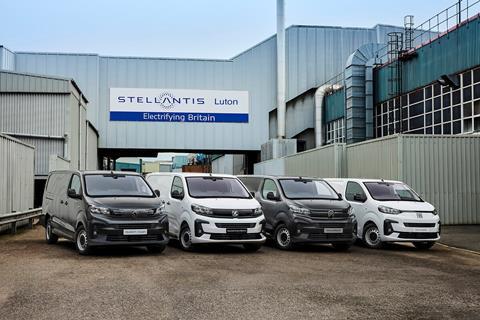
The decision to shutter Vauxhall’s Luton van factory has reignited industry debate over the pace of Britain’s electric vehicle transition. Stellantis, the multinational automotive group that owns Vauxhall alongside Citroën, Peugeot and Fiat, announced plans to close the site in spring next year. The move will affect approximately 1,100 workers and reshape the company’s UK operations.
In a statement, Stellantis confirmed it will consolidate electric van production at Ellesmere Port, its other UK plant, with a £50 million investment earmarked to support the transition. The closure of the Luton plant, which currently produces petrol and diesel vans, was described as a response to the “context” of the UK’s EV mandates, which require manufacturers to increase the share of zero-emission vehicles in their sales.
A policy under pressure
Under the current rules, 22% of passenger cars and 10% of vans sold by automakers in the UK must emit no carbon. For every sale that breaches this threshold, manufacturers face a penalty of £15,000. These mandates have placed intense pressure on companies already grappling with the costs of electrification, supply chain constraints and uncertain consumer demand.
”Industry observers warn that time is of the essence, as automakers contend with looming deadlines and competitive pressures in a fast-evolving market”
Stellantis and other manufacturers have repeatedly urged the UK government to reconsider its approach. They argue that demand for electric vehicles remains insufficient and that additional incentives are needed to encourage drivers to make the switch. Industry calls for reform have intensified as the EV mandate threatens to strain production strategies further.
Speaking on the matter, Stellantis explained that the decision to close Luton would “potentially contribute to greater production efficiency” by consolidating operations. The company plans to create hundreds of permanent jobs at Ellesmere Port, with relocation support offered to Luton employees willing to transfer.
A shifting production landscape
The Luton plant had been set to manufacture medium-sized electric vans, including the Vivaro Electric and other models from Stellantis’s portfolio, from 2025. Those plans will now be transferred to Ellesmere Port, while production of conventional petrol and diesel vans will move to France.
Read more Stellantis Stories:
- Stellantis launches, new multi-energy platform for body-on-frame trucks and SUVs
- Stellantis’ production absorbs supply chain and logistics
- Ford, GM, Stellantis fight EV slowdown, tariffs, IRA & China
- Stellantis turns to AI tools and fast deployment to cut production costs and launch times
The shift illustrates the broader complexities faced by automakers as they navigate evolving regulations and market realities. Stellantis’s UK workforce now faces an uncertain future, despite the promises of job creation at Ellesmere Port.
Industry and government response
The Luton closure has drawn attention to growing tensions between government policy and industry readiness for a widespread EV transition. Manufacturers have been vocal about the need for more robust measures to stimulate consumer adoption, such as expanded subsidies or charging infrastructure improvements.
Business Secretary Jonathan Reynolds is expected to announce a consultation on the EV mandates in response to these concerns. However, industry observers warn that time is of the essence, as automakers contend with looming deadlines and competitive pressures in a fast-evolving market.
As the UK positions itself as a leader in green manufacturing, the closure of Luton underscores the delicate balance required to achieve both industrial competitiveness and environmental targets.





























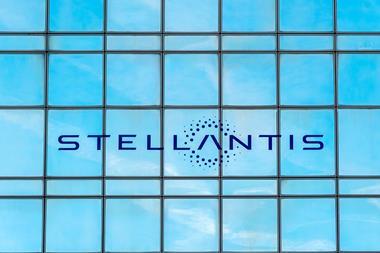

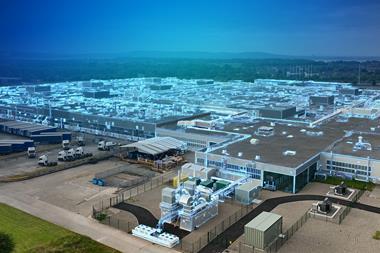

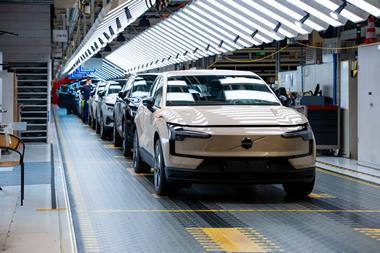
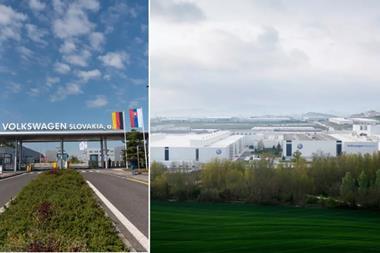



No comments yet